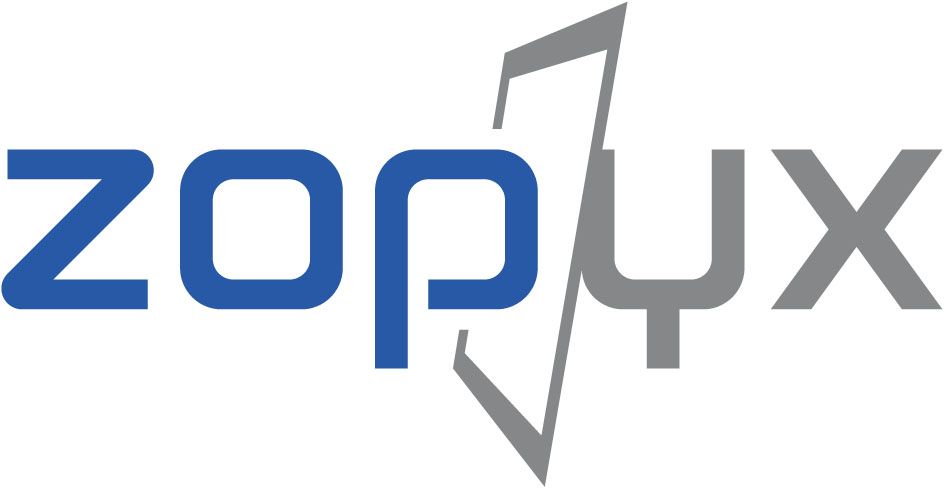New print-css.rocks release available
A new print-css.rocks release is available with support for some new tools: Typeset.sh


Historically the Plone Collective has been a collaboration spaces for open-source projects in the field of Plone. The Collective was hosted for a long time on the SVN infrastructure of the Plone Foundation. For long time this model worked sufficiently good because free source code hosting options beside Sourceforge have been rare.
With the rise of Github and Bitbucket and the growing popularity of GIT the Plone Collective switched to Github last year or so.
The question that arises nowadays: do we need the Collective as shared repository anymore?
Every package maintainer must decide for itself which level of control over your code is better for you: I either you comply with the Plone Foundation and their views or risk the arbitrary removal of packages or just keep the code in your hand.